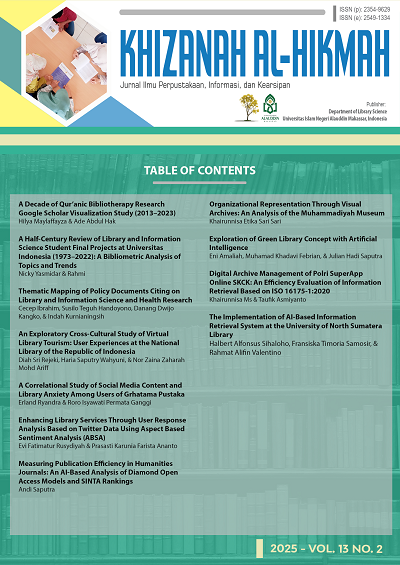Exciting Update: Increased Number of Papers per Issue!
Dear Authors, Reviewers, and Readers,
We are thrilled to announce an important update regarding our publication practices. Due to the overwhelming number of high-quality submissions we have received, and in our continuous effort to support the dissemination of outstanding research, we have decided to increase the number of papers published in each issue of our journal.
Read more about Exciting Update: Increased Number of Papers per Issue!



